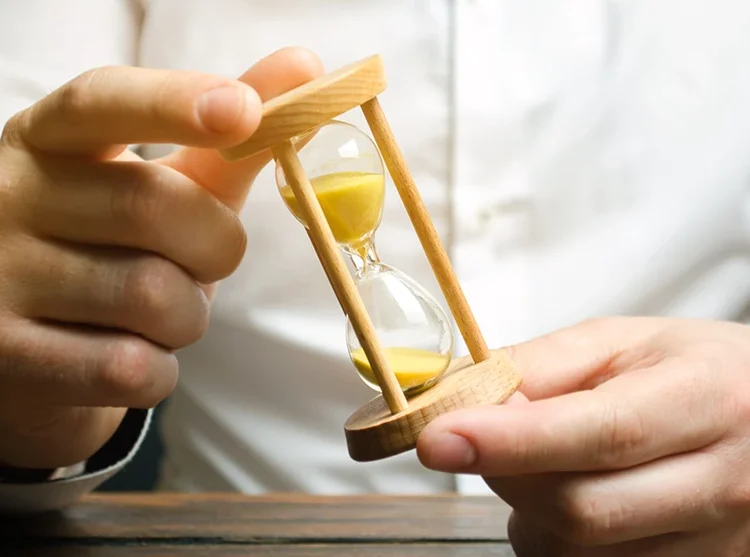Knowing your weight is an important aspect of monitoring your overall health and wellness. While scales are commonly used to measure weight, there may be situations where you don’t have access to one.
Whether you’re traveling, at the gym, or simply don’t own a scale, there are alternative methods to estimate your weight.
The importance of knowing your weight
The importance of knowing your weight goes beyond just a number on the scale. Monitoring your weight is a key factor in maintaining a healthy lifestyle. It can provide valuable information about your overall health and help you track progress towards your fitness goals.
By knowing your weight, you can assess if you are at a healthy BMI (Body Mass Index) and make necessary adjustments to your diet and exercise routine. Therefore, even if you don’t have access to a scale, it’s essential to find alternative methods to estimate your weight and stay informed about your well-being.
Alternative methods
There are several alternative methods you can use to estimate your weight without a scale. One method is by using body measurements. By measuring key areas of your body, such as your waist, hips, and thighs, you can get an idea of whether you have gained or lost weight.
Another method is by gauging how your clothes fit. If your clothes feel looser or tighter than usual, it could be an indication of weight loss or gain.
Utilizing body measurements
One of the most reliable methods to estimate your weight without a scale is by utilizing body measurements. This method allows you to track changes in key areas of your body, providing insights into your weight loss or gain progress.
Start by measuring your waist, hips, thighs, and arms using a tape measure. Record these measurements regularly and look for any changes over time. If the measurements decrease, it indicates weight loss, whereas an increase suggests weight gain.
Make sure to measure yourself consistently, preferably at the same time of day, for more accurate results. While this method may not provide exact measurements, it can be an excellent tool for monitoring your body composition and progress towards your fitness goals.
Assessing physical appearance
Another way to gauge your weight without a scale is by assessing your physical appearance and analyzing how your clothing fits. While this method may not provide precise measurements, it can give you a general idea of any weight changes.
Take note of how your clothes fit on your body and whether they feel tighter or looser than before. Pay attention to any changes in the way your face looks or how visible your bones and muscles are. These visual cues can hint at weight loss or gain.
However, it’s important to remember that this method is subjective and can be influenced by factors such as posture, muscle mass, and clothing styles. It should be used in conjunction with other methods for a more accurate assessment of your weight.
Monitoring changes
Another way to gauge your weight without a scale is by monitoring changes in your body composition through visual cues. While it may not provide precise measurements, paying attention to how your body looks can give you an idea of any weight changes.
Start by taking regular progress photos to compare your body’s appearance over time. Look for any changes in muscle definition, body shape, or fat distribution. Pay attention to how your clothes fit and if they feel tighter or looser.
Seeking professional assistance
While visual cues can be helpful in gauging changes in your weight, seeking professional assistance is the best way to ensure accurate assessment. If you’re serious about knowing your weight without a scale, consult with a healthcare provider or a fitness professional.
They have access to equipment and techniques, such as body fat calipers or bioelectrical impedance analysis, that can provide more precise measurements of your weight and body composition.
Professionals can provide personalized advice and guidance based on your specific goals and body type. So, if you’re looking for accurate and reliable information about your weight, don’t hesitate to reach out to the experts.
Conclusion
While it may be tempting to rely on alternative methods to determine your weight without a scale, seeking professional assistance is always the best approach. Healthcare providers and fitness professionals have access to specialized equipment and techniques that can provide accurate measurements of your weight and body composition.
These measurements take into account important factors like muscle mass and body fat percentage, providing a more comprehensive understanding of your overall health and fitness level.
By consulting with experts, you not only gain reliable information about your weight but also benefit from personalized advice and guidance tailored to your specific goals and body type. So, don’t hesitate to reach out to professionals for accurate and reliable assessments of your weight.


